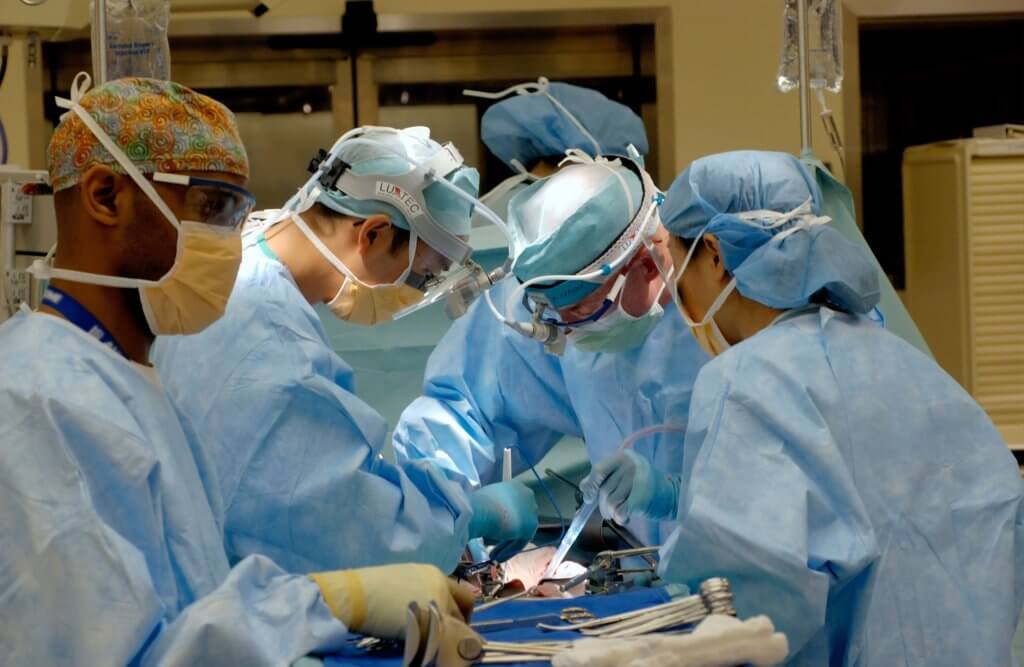LAS VEGAS — Weight loss surgery could hold the key to treating diabetes for good. According to a recent study, more than half of diabetes patients who underwent metabolic surgery experienced remission of their diabetes, regardless of how much weight they lost.
Researchers from the Mayo Clinic, the University of California-San Francisco, and Stony Brook University Medical Center analyzed data from 815 patients who underwent gastric bypass surgery between 2008 and 2017. Over a span of 14 years, patient demographics and clinical information were collected annually. Remarkably, the study followed patients for an average of seven years, making it the longest of its kind for diabetes patients after a gastric bypass procedure.
Results indicated that remission of diabetes in metabolic surgery patients was influenced by several factors, including pre-surgery insulin use, the need for diabetes medications, duration of the disease, baseline HbA1c levels, and post-surgery weight loss. Notably, the study revealed that weight loss after surgery was not the sole determining factor for diabetes remission.
“Metabolic surgery is not a magic pill, but it offers perhaps the only chance for many people to rid themselves of diabetes and its associated complications once and for all,” says lead study author Dr. Omar Ghanem, a metabolic surgeon at the Mayo Clinic, in a media release.

American Society for Metabolic and Bariatric Surgery (ASMBS) President, Dr. Teresa LaMasters, who was not involved in the study, highlighted the importance of considering these factors when selecting patients for metabolic surgery.
“There is no other therapy that produces such results, and patients and their doctors owe it to themselves to explore the option to see if it’s right for them,” LaMasters notes.
The study’s findings have the potential to revolutionize diabetes treatment options. With obesity affecting 42.4 percent of Americans, metabolic surgery offers a promising solution to not only diabetes but also associated complications like cardiovascular disease and certain cancers. However, only about one percent of eligible individuals receive weight-loss surgery each year, with a significant drop in procedures during the COVID-19 pandemic.
According to the Centers for Disease Control and Prevention (CDC), diabetes affects over 37 million people in the United States, resulting in substantial healthcare costs. The total direct and indirect estimated costs of diagnosed diabetes in 2017 amounted to a staggering $327 billion.
Metabolic, bariatric, or weight-loss surgery, including gastric bypass and sleeve gastrectomy, has consistently proven to be the most effective and long-lasting treatment for severe obesity. It not only leads to significant and durable weight loss but also improves or resolves conditions such as Type 2 diabetes, heart disease, and high blood pressure. The safety profile of these surgeries is comparable to other commonly performed surgeries, like gallbladder surgery or knee replacement.
As research continues to uncover the benefits of metabolic surgery, it holds the potential to transform the lives of individuals struggling with diabetes and obesity, offering new hope for improved health outcomes.
The study was presented at the American Society for Metabolic and Bariatric Surgery (ASMBS) 2023 Annual Scientific Meeting.
You might also be interested in:
- Ozempic without Ozempic: These foods can calm your appetite just like weight loss drug
- Intermittent fasting may cure Type 2 diabetes, here’s 3 reasons why it’s so healthy
- Weight loss surgery drops the risk of suffering severe COVID symptoms by 60 percent

